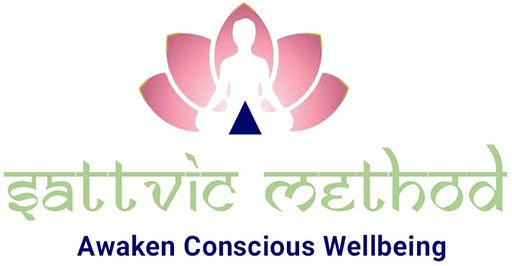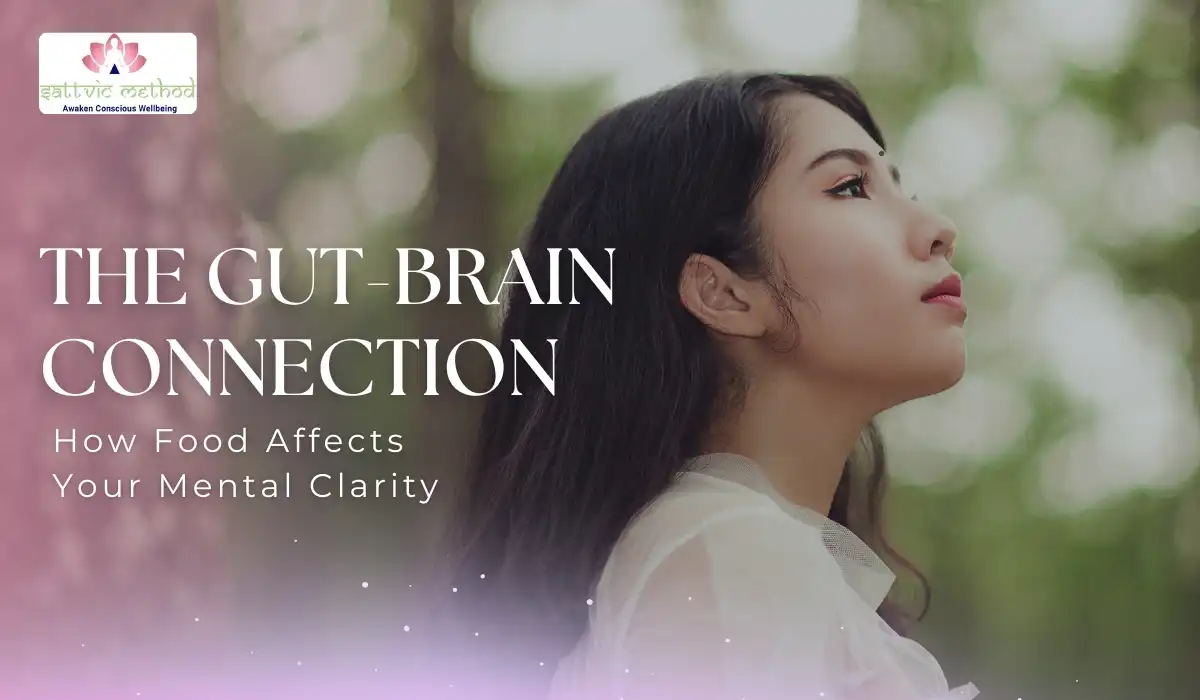The Gut-Brain Connection: How Food Affects Your Mental Clarity
We often think of the brain as the control center of our body, the place where thoughts, decisions, and emotions are born. But what if another organ played an equally important role in shaping how clearly we think and feel? That organ is the gut, often called our “second brain.” Modern science and ancient wisdom agree: what we eat profoundly influences our mental clarity, focus, and emotional balance. The link between the gut and brain, known as the gut-brain axis, is a dynamic, two-way communication system that connects our digestive health with our mental and emotional well-being.Understanding the Gut-Brain Axis
The gut and brain are connected through the vagus nerve, one of the longest nerves in the body. This nerve acts like a communication highway, carrying messages between the digestive system and the brain. In the gut, millions of neurons, collectively known as the enteric nervous system, constantly send signals to the brain. This means that your gut doesn’t just digest food; it also helps regulate mood, memory, and cognitive performance. When your gut is healthy, these signals promote calmness, clarity, and focus. But when it’s imbalanced, due to processed food, stress, or poor digestion, the communication between your gut and brain can become distorted, leading to brain fog, anxiety, or fatigue.How Food Influences Mental Clarity
Food isn’t just fuel for the body; it’s information for the brain. Every bite you take sends messages to your nervous system, shaping how you think and feel. Here’s how different types of food affect your mental clarity: 1. Whole, Fresh Foods: The Mind’s Best Friend Fruits, vegetables, nuts, seeds, and whole grains provide the brain with essential nutrients like omega-3 fatty acids, antioxidants, and vitamins. These nutrients protect brain cells from oxidative stress and improve focus and energy levels. Foods like spinach, walnuts, and avocados support the production of neurotransmitters such as serotonin and dopamine, the chemicals that regulate happiness and concentration. 2. Fermented Foods: Natural Mind Boosters Probiotic-rich foods such as yogurt, kefir, sauerkraut, and kombucha introduce beneficial bacteria into your gut. These good microbes help produce serotonin, the “feel-good” hormone, which is primarily made in the intestines. A balanced gut microbiome directly supports emotional stability and sharper cognition. 3. Processed and Sugary Foods: The Brain’s Biggest Disruptors Refined sugars and heavily processed foods create inflammation in the gut. This inflammation can cross into the brain, leading to symptoms like mental fatigue, irritability, and reduced focus. Over time, these foods disrupt the healthy communication between the gut and brain, leaving you feeling sluggish and unfocused. 4. Hydration: The Forgotten Key to Clarity Even mild dehydration affects cognitive performance. Water aids digestion, nutrient absorption, and toxin removal, all of which are crucial for optimal brain function. Herbal teas like ginger, tulsi, or mint not only hydrate but also support gut health and calm the mind.The Sattvic Approach to Gut and Mind Wellness
In yogic philosophy, food is categorized into three energies: Sattvic (pure), Rajasic (stimulating), and Tamasic (dulling). A Sattvic diet, filled with fresh fruits, vegetables, nuts, grains, and minimal spices, naturally supports both gut health and mental clarity. Sattvic foods:- Nourish without overstimulating
- Aid digestion and detoxification
- Enhance mindfulness and emotional stability
Simple Ways to Strengthen the Gut-Brain Connection
You don’t need drastic changes to experience better mental clarity. Small, consistent habits can make a big difference:- Start your day with warm lemon water; it awakens digestion and clears toxins.
- Include probiotics daily through fermented foods or natural curd.
- Eat at regular times to maintain digestive rhythm.
- Avoid overeating, stop when you feel 80% full.
- Practice gratitude before meals; it shifts the nervous system into a state of calm and readiness to digest.
- Spending time in nature reduces stress, which directly benefits gut health.
- Meditate or chant daily, calming the mind and soothing the gut, too.




